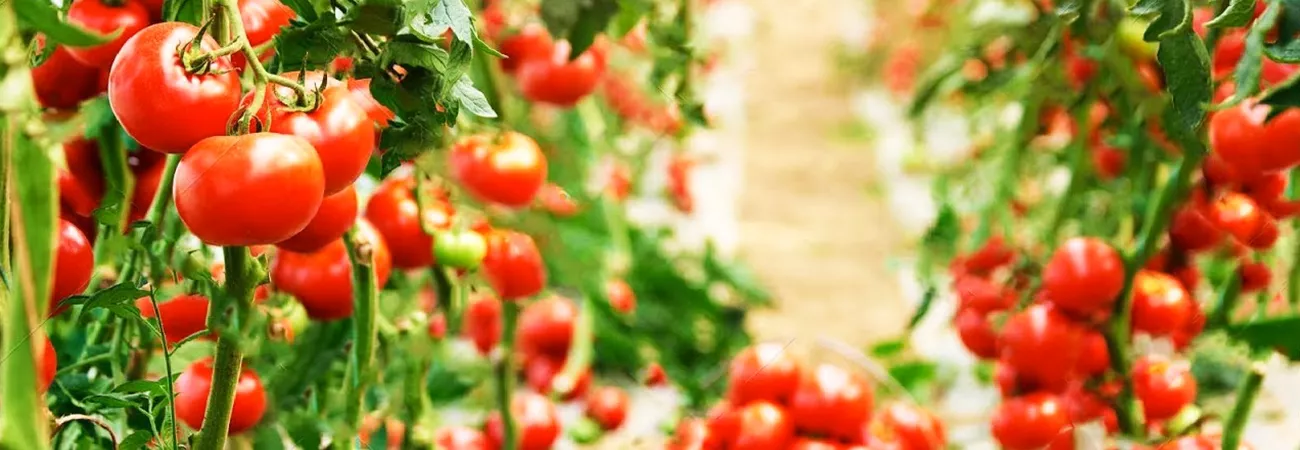i NEWS INTERNATIONAL
”Compared with wheat, cotton, rapeseed or beans, tomatoes require more fertilizers. Nitrogen, phosphorus and potash fertilizer are all essential. Besides, zinc, boron and other micronutrients can make it grow better. This means that farmers have to spend more to grow it. Dr Syed Ahmad, Principal Scientist of Vegetable Research Institute, Faisalabad in an exclusive interview with China Economic Net noted, however, in recent years, the price of tomatoes in Pakistan has fluctuated very frequently, which is beyond our control. If the price fluctuates too much, the low price will cause farmers to suffer great losses, which greatly affects their enthusiasm, and in turn leads to a subsequent drop in production. Generally speaking, in Punjab, the largest tomato-producing region, April to May marks the start of the tomato high season. But this year, I am not sure about that.
Dr Nadar K, Senior Scientific Officer at the National Agricultural Research Centre (NARC), indicated that in Pakistan, tomatoes have a total annual production of around 529,600 tonnes and an average yield of 9.2 tonnes per hectare.The downward trend in the prices of tomatoes, which are an indispensable part of most of dishes in the country, has been seen in Sindh province since early January. Muzzammil Aslam, Spokesperson to Finance Minister, also noted on January that the price of tomato has fallen to Rs35 at retail in Karachi, the biggest consumer center of the country. So, what caused it? Reasons for the inequalities are complex.
Although it is the farmers decision on what and how much to plant, but at the government decision-making level, we lack an institution, or a system, to provide farmers with policy guidance on a macro level, so as to avoid blindly planting or abandoning a certain crop, which lead to yield fluctuation, Dr Ahmad emphasized.If farmers donate get good returns after a year of hard work, they would be disappointed and cut back on planting, and Pakistan has to import a lot of tomatoes, which are a must in most of the country’s daily dishes. In addition, the lack of advanced agricultural technology is also a key factor affecting the tomato production in Pakistan.
Growing tomatoes on ordinary land is affordable for most farmers. But if you use hydroponics or soilless cultivation, it will add a lot of cost, Dr Ahmad told CEN. If a reasonably priced hydroponics or soilless culture technology can be introduced into Pakistan to guarantee the input-output ratio of farmers, he believes that this will be an excellent cooperation opportunity.
At present, there are 13 varieties of tomatoes planted in our industrial park, of which TOMIMARU and DRC564 have the highest yields, with the yield per square meter reaching 40 kg and 60 kg respectively. In addition, they have beautiful fruit shape, long storage life, and strong resistance to diseases and insect pests, Zhang Lin, the head of Shaanxi Yangling Aoda Modern Agricultural Technology Co., Ltd., mentioned while interviewing CEN, in order to promote the development of the park to a higher level, we will actively consider launching international cooperation plans such as talent export, technical cooperation and exchanges with other countries especially countries along the Belt and Road.
Credit:
Independent News Pakistan-INP









